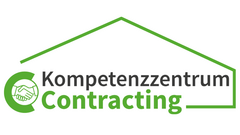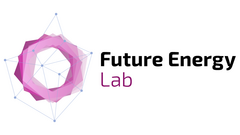Site search
Displaying results 1 to 10 of 385.
-
 Publication
PublicationEnergy performance contracting
The dena guide entitled ‘Energy performance contracting – successfully implementing efficiency measures with guaranteed savings’ provides up-to-date information and sample…
-
 © shutterstock_DmitrydesignPublication
© shutterstock_DmitrydesignPublicationList of Short-Term Measures to Save and Substitute Energy
To remain profitable, it is becoming increasingly important for companies in Germany and beyond to use energy as efficiently as possible. The Initiative for Energy Efficiency and…
-
 Publication
PublicationHow energy performance contracting works
Energy performance contracting is a way to plan and implement comprehensive energy efficiency measures by a specialised service provider, the contractor. This company implements…
-
 Publication
PublicationSmart metering system – cornerstone of the digitalisation of the energy system
Regardless of whether automated system control, dynamic electricity rates or grid operation based on real-time data, at the heart of all these applications are intelligent…
-
 © Carla GroßPublication
© Carla GroßPublicationRegulatory models for climate-neutral district heating in Germany
In order to promote the decarbonisation of existing district heating networks, the European Union is focussing, among other things, on facilitating third-party access for…
-
 Publication
PublicationEnergy sharing in Germany
Energy sharing enables different stakeholder groups to participate directly in the use of renewable energies. For new players in particular, however, implementation is associated…
-
 Publication
PublicationRegulatory requirements for external market participants
Smart metering systems are becoming increasingly relevant for the establishment of a digital energy system. The Federal Office for Information Security stipulates which market…
-
 Publication
PublicationBiomethane Industry Barometer 2024
Transformation of the biomethane market The German biomethane market is going through a phase of transformation. Despite turbulence, such as the threat of trader insolvencies and…
-
 Publication
PublicationFit for 2045 (Part 2)
Germany must be greenhouse gas-neutral by 2045. For the first time, the study quantifies the concrete costs for the energy-efficient refurbishment of all public buildings to a…
-
 Publication
PublicationEnergy supply contracting
The dena guide on energy supply contracting present the practical steps for implementing energy supply contracting – from project development to contract conclusion – in two…
